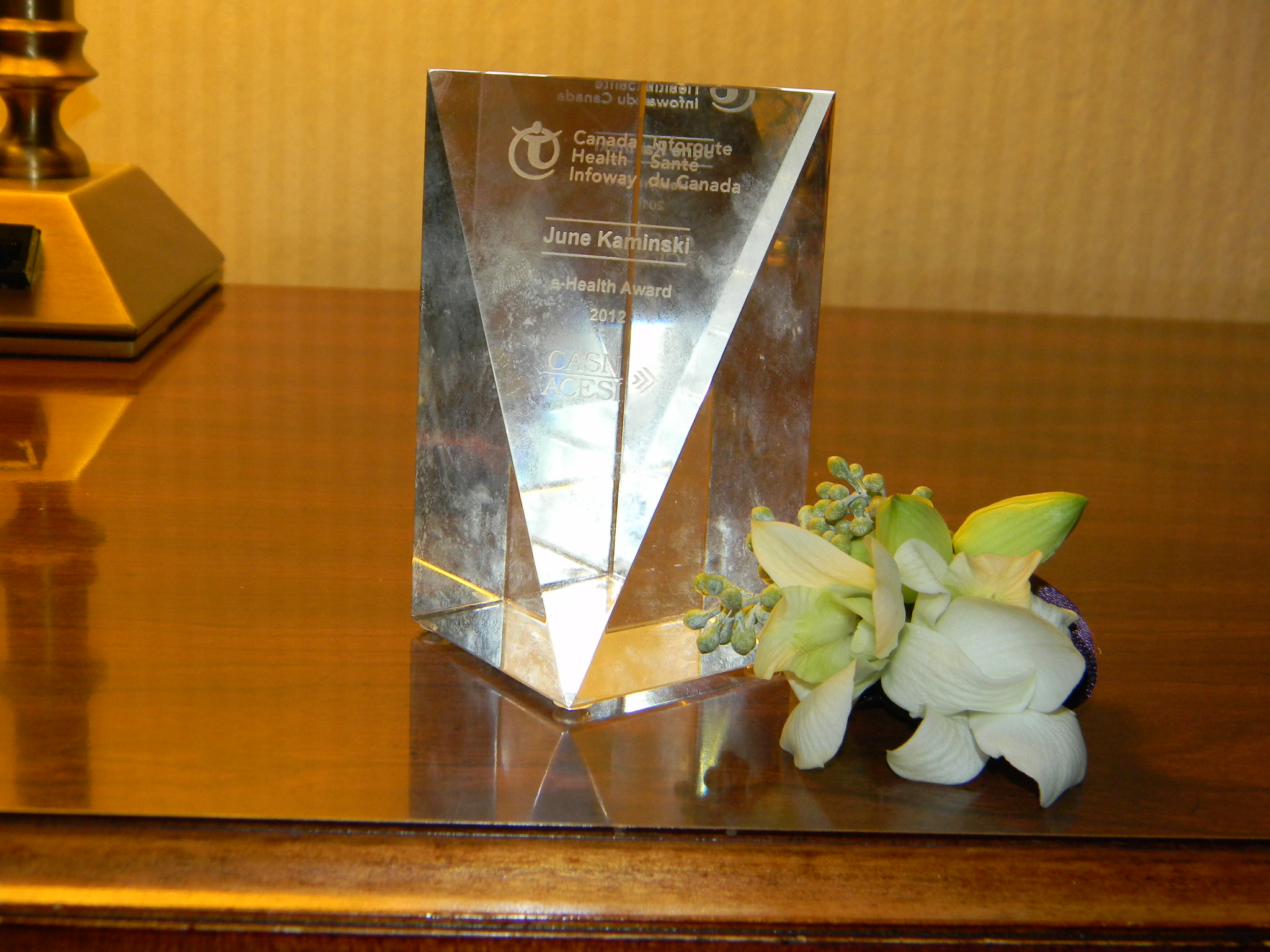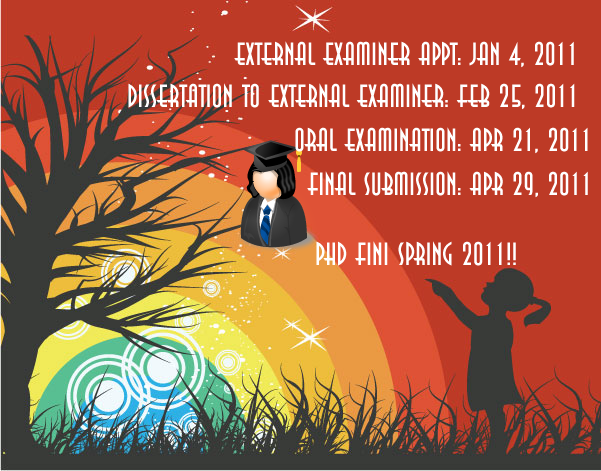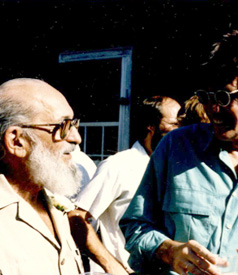How might a more holistic scientific process broaden our perception of the natural world and inform subsequent understanding, resulting in a deep reconnection with the Earth? This promising and informative film will be based on the book Animate Earth by ecologist Stephan Harding: the story of Earth's functioning as a self-regulating, living being and of our inherent human, spiritual, moral and physical connection to that story. Stephan Harding holds a doctorate in ecology from the University of Oxford and is co-ordinator of the MSc in Holistic Science at Schumacher College, Devon, England.
His book is a brilliant synthesis of Gaian science and forward-looking social theory and argues that we need to establish a right relationship with the planet as a living entity in which we are indissolubly embedded and to which, in the final analysis, we are all accountable. Animate Earth will sensitively explore and convey an emerging new scientific understanding on both an intellectual and an emotional level. Holistic science focuses, amongst other things, on the qualities of organisms, on process and form, which constitutes visual subject matter, often in movement.
The labarynthical, interwoven impression that a film invokes, combining images and sound, is a perfect medium for communicating this. With unrefined enthusiasm, Stephan will integrate rational scientific analysis with intuition, sensing and feeling. He replaces the objectifying language found in some forms of scientific inquiry with a way of speaking about Earth as a sentient and living being rather than as a dead, inert mechanism. He conveys the facts by way of wry wit, uncanny and effective humour, and intellectual passion. In literally bringing science to life, atoms, for example, are described using metaphors of human-to-human relationships such as marriage, attraction and repulsion so as to imbue rocks, water and the atmosphere with personality. The ancient forests, moorlands, and seacoast of England will provide the location for the majority of the filming. Live action footage of Stephan enthusiastically revealing to us the planet's systems as evidenced in the natural world around him will give depth and character to the film. Some of Stephan's factual and engagingly presented lectures will be highlighted with animated sequences.
The film will also include interviews with authorities eminent in their scientific fields, such as James Lovelock, Brian Goodwin, Vandana Shiva, Satish Kumar, Arthur Zajonc, Joanna Macy, Craig Holdredge, and Fritjof Capra. It is our hope that this film will reach out to individuals and groups worldwide. The scope and content of this film can offer a new and much-needed perspective for visualizing positive change in the face of Earth's diminishments. We are marketing the film to public television, high school and college science departments (to offer students and teachers another point of view within the context of scientific inquiry), local community events and as a DVD. A teacher's film content outline, student workbook with questions and projects and a curriculum guide with a resource listing will be provided to schools. Our survival as a species hangs on an interdependence with the earth: there is a need to not only rationally understand the reasons behind global warming but to re-connect with our planet as individuals and as a species. This documentary will encourage and enable the viewer to begin this process by readdressing the way they perceive the earth through the lens of holistic science and Harding's understanding and wisdom.


